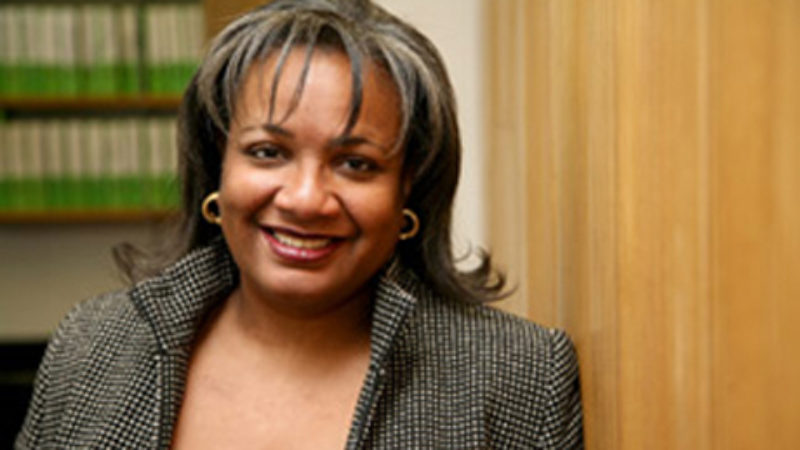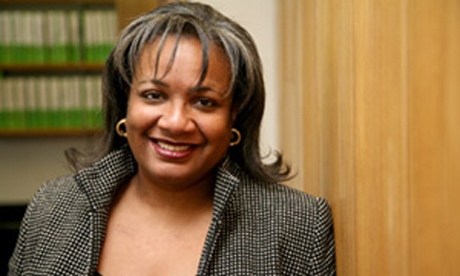

This week figures obtained by The Independent showed just five per cent of refugees resettled from Syria under the Vulnerable Persons Relocation Programme (VPRP) have disabilities, including mobility issues or special educational needs.
This is despite the fact the UK’s pledge to resettle refugees made specific reference to supporting disabled Syrians and that the VPRP – which commits the government to taking in 20,000 refugees by 2020 – was set up in 2014 primarily to accommodate the most at-risk groups.
This is truly appalling and a new low in this government’s treatment of refugees.
Just over a year ago when Theresa May made her first speech as prime minister she said “a disability or a health condition should never dictate the path a person is able to take”. But this has clearly been a factor blocking the legitimate right of vulnerable refugees to seek asylum in this country.
Specifically, figures released by 251 councils under freedom of information laws show that 5,529 Syrian refugees were resettled under the VPRP between January 2014 and April this year. Of those 288, or 5.2 per cent, were registered as disabled.
This figure is despite it being widely believed that more than one in five people escaping the conflict are disabled, with Handicap International estimating that around 22 per cent of Syrian refugees in Jordan and Lebanon have serious impairments.
Furthermore, groups working on the ground report that refugees with disabilities in countries surrounding Syria often live in desperate conditions where they struggle to access healthcare and other vital means of support.
This week’s revelations are part of a pattern of crisis affecting the government’s refugee programmes, in a situation where ministers consistently fail to meet their own promises or Britain’s international obligations.
This latest investigation follows reports in February this year the government had temporarily barred disabled child refugees from a different scheme – the Vulnerable Children’s Resettlement Scheme – because it could not cope with their needs, with the United Nations high commissioner for refugees, which processes the applications involved, saying that the home office had requested it put a “temporarily limit” on requests from people with mobility problems and learning disabilities because there was not “suitable reception capacity” for them.
Additionally, its comes soon after ministers rightfully faced widespread criticism for closing down the Dubs scheme offering sanctuary to lone refugee children in Europe and in July it was reported that Britain has not taken in any child refugees under Dubs scheme this year.
Councils have also criticised what they term the “one-size fits all nature” of the home office programmes, which do not really address the additional support required by people living with disabilities. We also know of cases where central government failed to take up offers from local councils to house Syrian refugees and where councils were surprised at the time government took to allocate them refugees they were willing to accept.
In London, including in my local area of Hackney, the government hasn’t prioritised housing refugees because of the cost of living, but as my colleague Hackney South and Shoreditch MP Meg Hiller said, this is misguided as “London is a fantastic place for refugees to come because of its diversity and the range of languages spoken.”
As the UN high commission for refugees has said, much more needs to be done to cater for the most vulnerable refugees, including by ensuring we accept our fair share of disabled refugees.
Diane Abbott is shadow home secretary and MP for Hackney North and Stoke Newington.




More from LabourList
‘What Batley and Spen taught me about standing up to divisive politics’
‘Security in the 21st century means more than just defence’
‘Better the devil you know’: what Gorton and Denton voters say about by-election